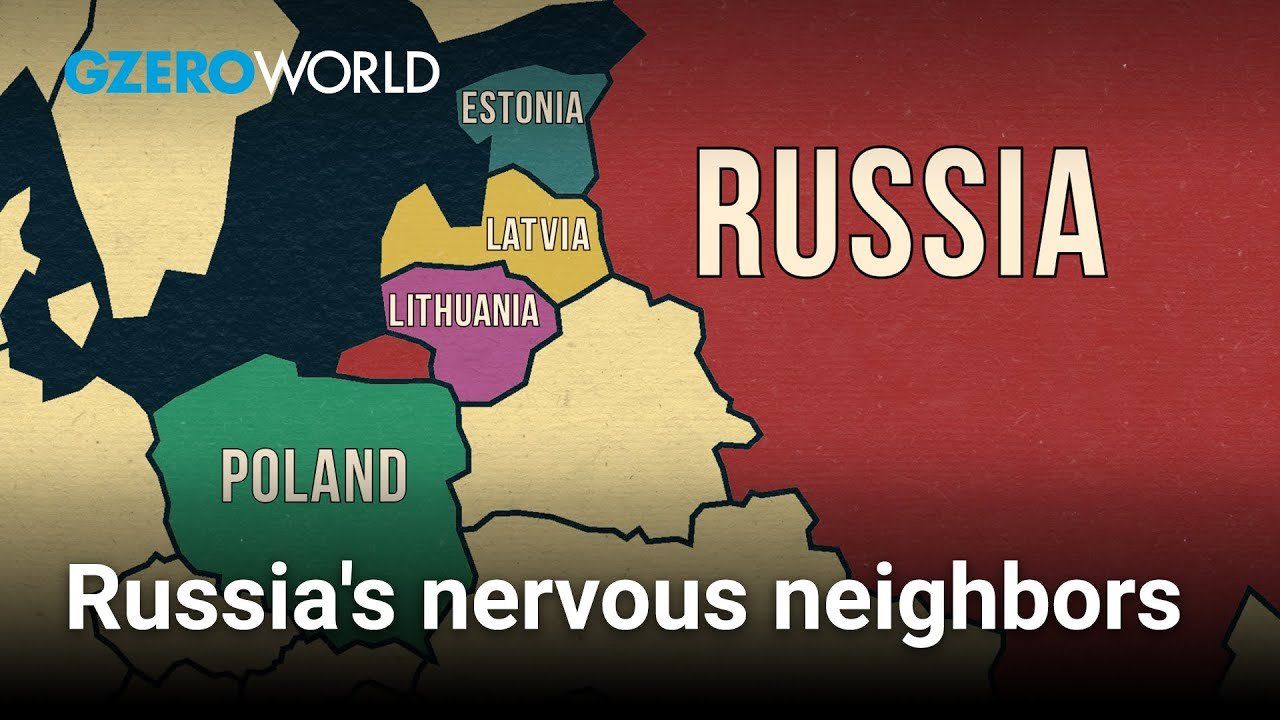GZERO World Clips
As Russia gains ground in Ukraine, Baltic states worry the war will spread west

As Russia gains ground in Ukraine, Baltic states worry the war will spread west | GZERO World

In recent weeks, Russia has captured territory in the east and southeast of Ukraine at its fastest pace since the early days of the invasion. A six-month delay in the US sending critical military aid to Kyiv allowed Russia a window of opportunity to make significant advances. Now, military experts fear the war could spread westward to the Baltic states, bringing the specter of war to NATO’s backyard.
On GZERO World, president of the Chicago Council on Global Affairs and former US Ambassador to NATO Ivo Daalder joins Ian Bremmer from Tallinn, Estonia, for an update on the mood right now in the Baltic region. Government officials in Estonia say they are worried because it’s clear that Russia, by extension, Vladimir Putin, has realized that their survival depends on a permanent mobilization of the country for war, which the Russian economy is now dependent on for growth. Should Ukraine fall or take serious losses, the war could move past the border and into the Baltics, which are members of NATO. As a former Soviet country, Estonia keenly understands what it’s like to be dominated by Moscow and what it would mean for other NATO allies if Ukraine fell.
“Estonia, Latvia, Lithuania, and Poland, countries on the front line are saying, the United States and Germany need to wake up,” Daalder explains, “This war that you don’t want to fight, it’s right here, right now being fought in Ukraine.”
Ian Bremmer sits down with former US Ambassador to NATO Ivo Daalder to unpack a historic shift in the transatlantic alliance: Europe is preparing to defend itself without its American safety net.
Think you know what's going on around the world? Here's your chance to prove it.
Argentina, Armenia, Belarus, Egypt, Indonesia, Jordan, Pakistan, Paraguay, Vietnam – to name only a few.
A poster featuring Andrew Mountbatten-Windsor, formerly known as Prince Andrew, is installed on a sign leading to the parking area of the Sandringham Estate in Wolferton, as pressure builds on him to give evidence after the U.S. Justice Department released more records tied to the late financier and convicted sex offender Jeffrey Epstein, in Norfolk, Britain, February 5, 2026.
British police arrested former Prince Andrew Mountbatten-Windsor today over allegations that in 2010, when he was a UK trade envoy, he shared confidential government documents with convicted sex offender Jeffrey Epstein.